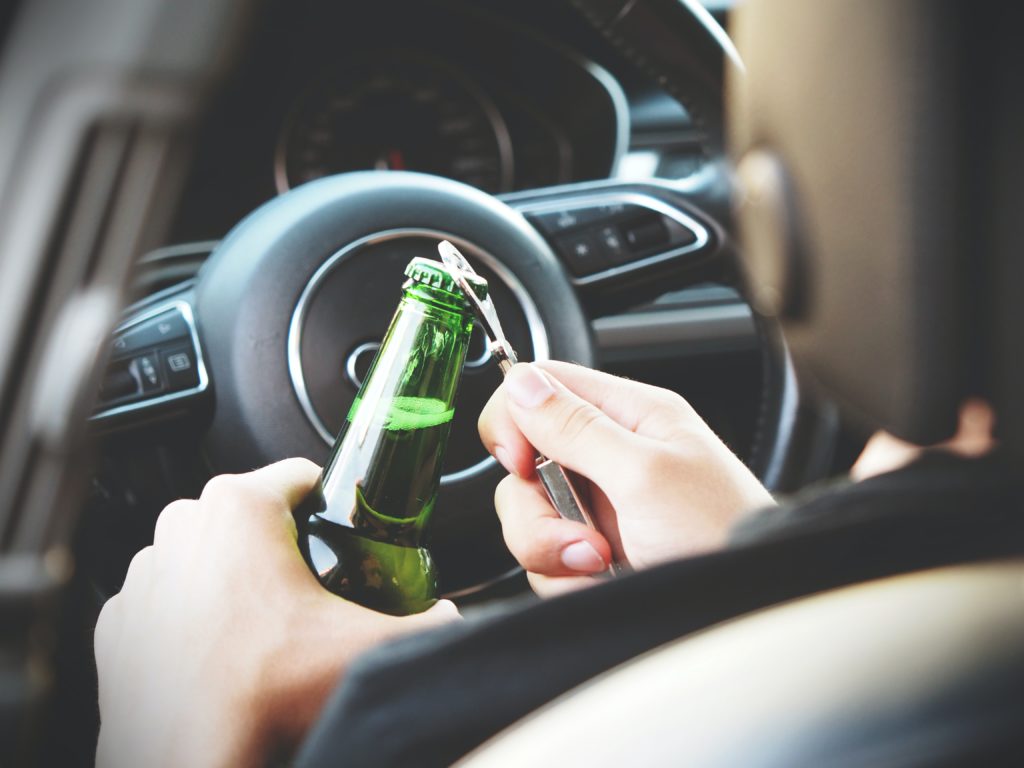Drug-Related DUI vs. Alcohol-Related DUI: What’s the Difference?
Any individual with a driver’s license knows that driving while under the influence of drugs or alcohol can result in severe consequences. What may be less commonly known is the difference between an alcohol-related DUI and a drug-related DUI.
This article breaks down the differences and similarities between an alcohol-related DUI and a drug-related DUI. If you are in a situation where you face either of these charges, whether guilty of the offense or not, getting the help of an experienced lawyer like Albers & Associates will ensure that your rights are protected, and you get the best possible outcome for your case.

Understanding the Language of the Law
While driving under the influence is illegal in all 50 states, each state’s definition of the offense can vary. In Maryland, the law states that it is unlawful to operate a motor vehicle while under the influence of any substance that could potentially impact an individual’s ability to drive safely. This includes alcohol, illegal drugs like MDMA or cocaine, and even medication that was prescribed by a doctor.
Say you get pulled over, and the officer suspects you are under the influence of drugs and/or alcohol. What happens next? In Maryland, any person who drives or attempts to drive a motor vehicle on a highway or on any private property that is used by the public in general is deemed to have consented to take a test if the person should be detained on suspicion of driving or attempting to drive while under the influence (Md. Code. Ann. Transp. § 16-205.1(a)(2)).
Alcohol-Related DUI vs. Drug-Related DUI
There are similarities and differences between an alcohol-related DUI and a drug-related DUI. Let’s break them down:
Similarities
- Any substance that impairs one’s ability to drive, including alcohol, illegal/recreational drugs, or doctor-prescribed drugs, can result in a DUI. Police officers are trained to identify indicators that someone is under the influence, such as slurred speech or watery eyes, which are common indicators of both drug and alcohol use.
- The use of prescription drugs can be prosecuted in the same way as impairment due to alcohol or recreational drugs.
- Both DUI charges are typically proven with the help of circumstantial evidence, such as field sobriety tests and open containers.
Differences
- Testing. Alcohol use can be tested using a breathalyzer, whereas a breathalyzer cannot detect the presence of drugs. Blood and urine tests are typically used in drug-related DUI prosecutions and can be more difficult to fight in some cases, as there is no set amount of any given drug found in the blood that can determine guilt in the same way as results from a breath test.
- Legal limits. Unlike alcohol, where there is an easily measurable legal limit, no legal limit exists for drugs. In Maryland, the DWI (driving while impaired) legal limit of alcohol is .07, and the DUI legal limit of alcohol is .08. There is no set amount of any given drug found in the blood or urine that can determine guilt in the same way as results from a breath or blood test.

Penalties
- The penalties for any DUI, regardless of the type, are generally similar across the board. However, each situation can be different depending on factors like whether there was a collision involved where someone was injured or if someone refuses to take a field test.
- For a first offense, a person convicted of driving under the influence of alcohol can face imprisonment and/or fines. Repeat offenders face stiffer penalties.
If You’re Facing a Drug-Related DUI or an Alcohol-Related DUI, Albers & Associates Can Help.
We have worked with many clients on both drug and alcohol-related DUIs. We understand how devastating these charges can be but with the help of an attorney, you can rest assured knowing you will get the justice you deserve. Reach out to us today, and Albers & Associates team will help you navigate the legal process for your case.
The post Drug-Related DUI vs. Alcohol-Related DUI: What’s the Difference? appeared first on Albers and Associates.